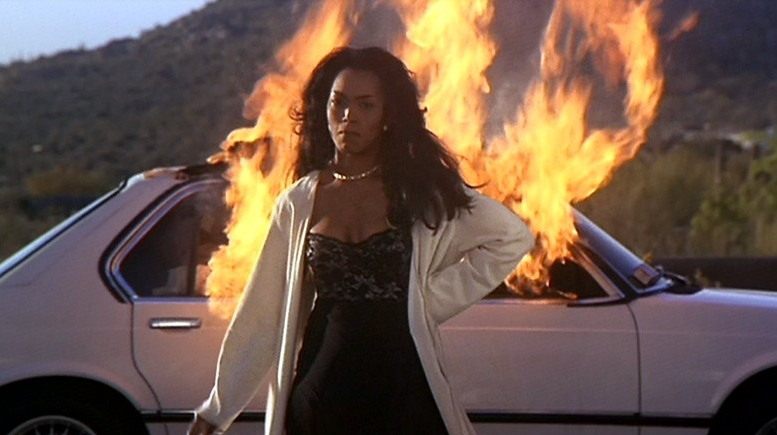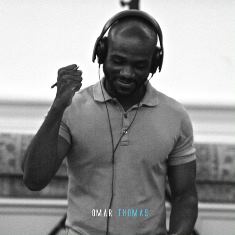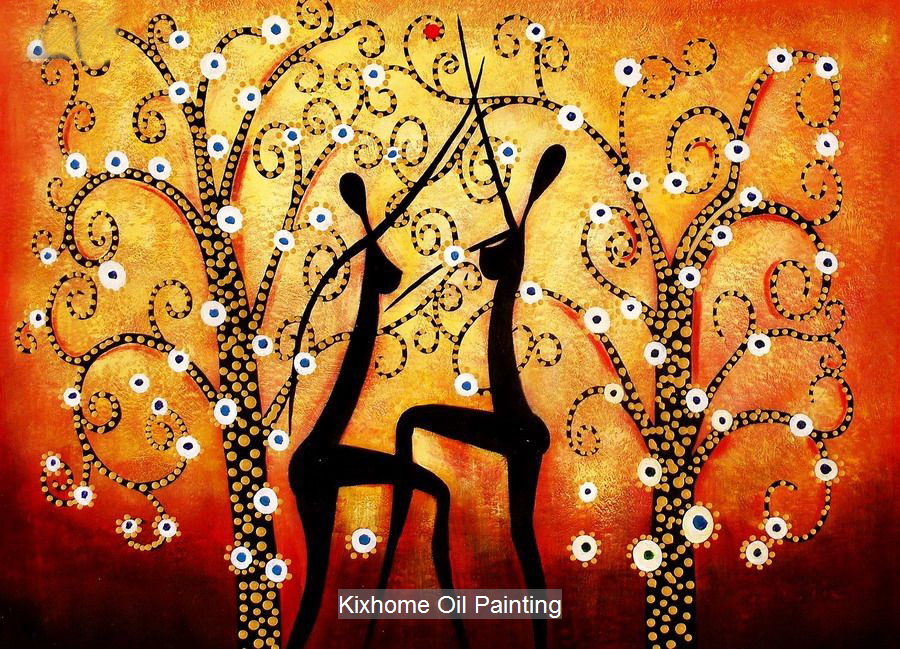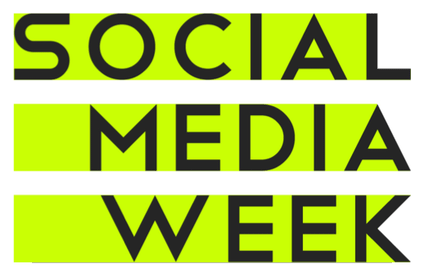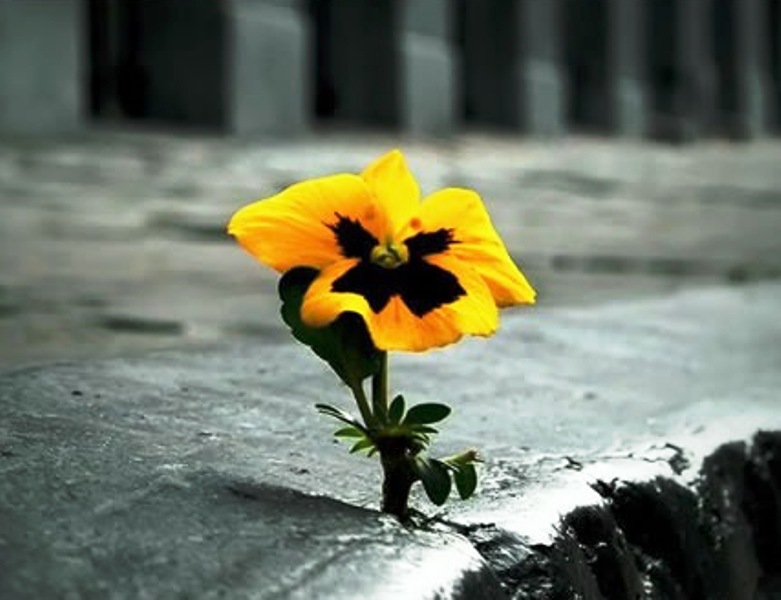Ever had one of those days when your ideals, your spiritual beliefs, your politics, your internal moral compass just feels broken? Well, I've been having those days a lot lately. Here's to raising a white flag, and hitting rock bottom, so you can find your way back up.
-
Afrofeminism - Blog - Love Is My Revolution - Special Series - Spirituality - The Political, Personalized
-
Interview with Omar Thomas, Jazz Composer of Monumental LGBT Civil Rights Hymn, “We Will Know”
I thoroughly enjoyed this interview with award-winning composer, Omar Thomas, about his new album, 'We Will Know', a monumental work of art that breathes new life into the word "movement". Inspired by the popular civil rights protest song, "We Shall Overcome", Omar has just gifted the (U.S.) LGBT civil rights…
-
Call for Submissions (Poetry, Prose, Photography): Walking the Tight Rope: An African LGBTI Anthology
Walking the Tight Rope: An African LGBT Anthology seeks poets, writers and photographers within Africa and the Diaspora to share their stories. DEADLINE: April 15, 2014 Please share widely.
-
CODE RED: African Women Rising in Media and Tech (Social Media Week Lagos Event)
For Social Media Week Lagos, I'm hosting an event called 'CODE RED: African Women Rising in Media and Tech.' In line with the theme, "The Future is Now: Always On, Always Connected", CODE RED, a networking event, will facilitate connections between women who are trailblazing in social media and technology.
-
Love Was My Revolution in 2013, But So Was Resilience.
I know it's been a while. I've had a lot going on. 2013 was quite a year - one that I'm not likely to miss but will always remember for how much it grew me.
Online rulet oyunları gerçek zamanlı oynanır ve online slot casino bu deneyimi canlı yayınlarla destekler.
İnternet üzerinden eğlence bahsegel giriş arayanlar için deneyimi vazgeçilmezdir.
Kullanıcıların hesaplarına hızlı ve sorunsuz bettilt ulaşabilmesi için adresi her zaman güncel tutuluyor.
